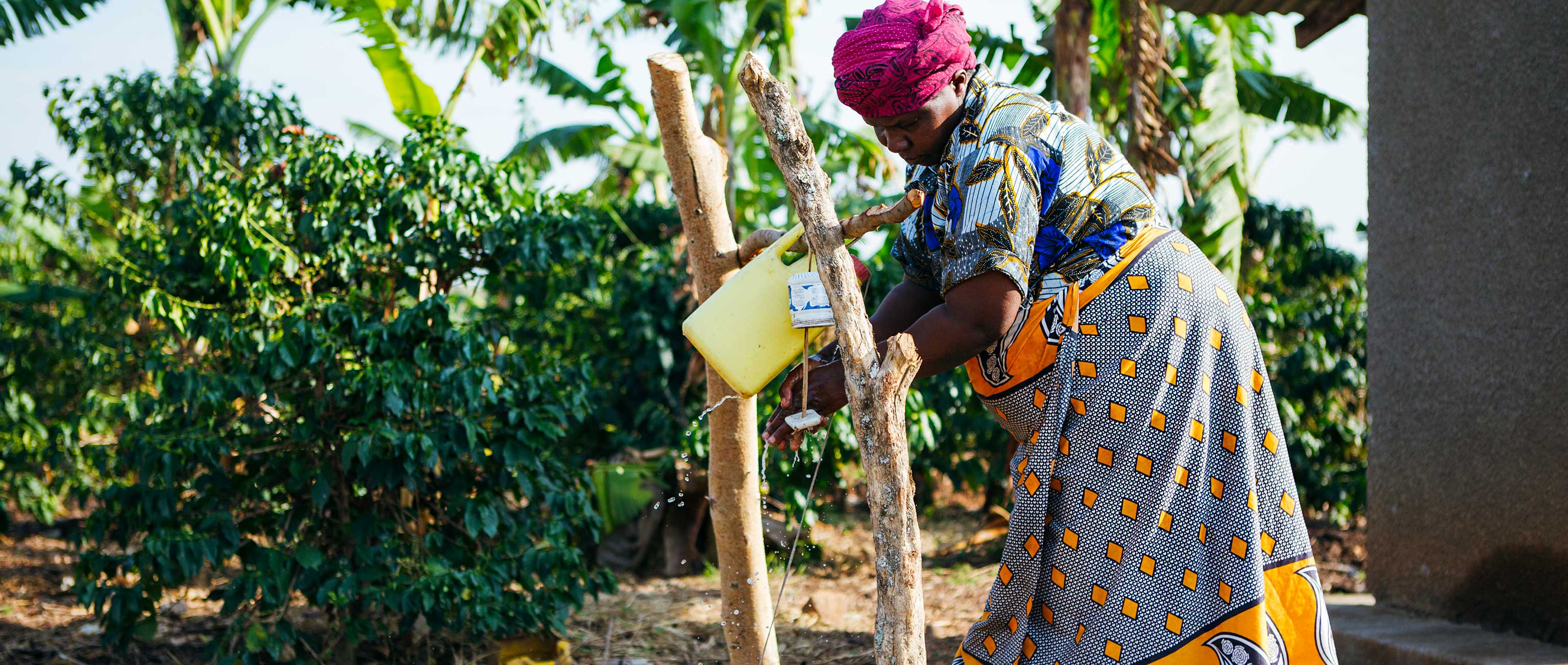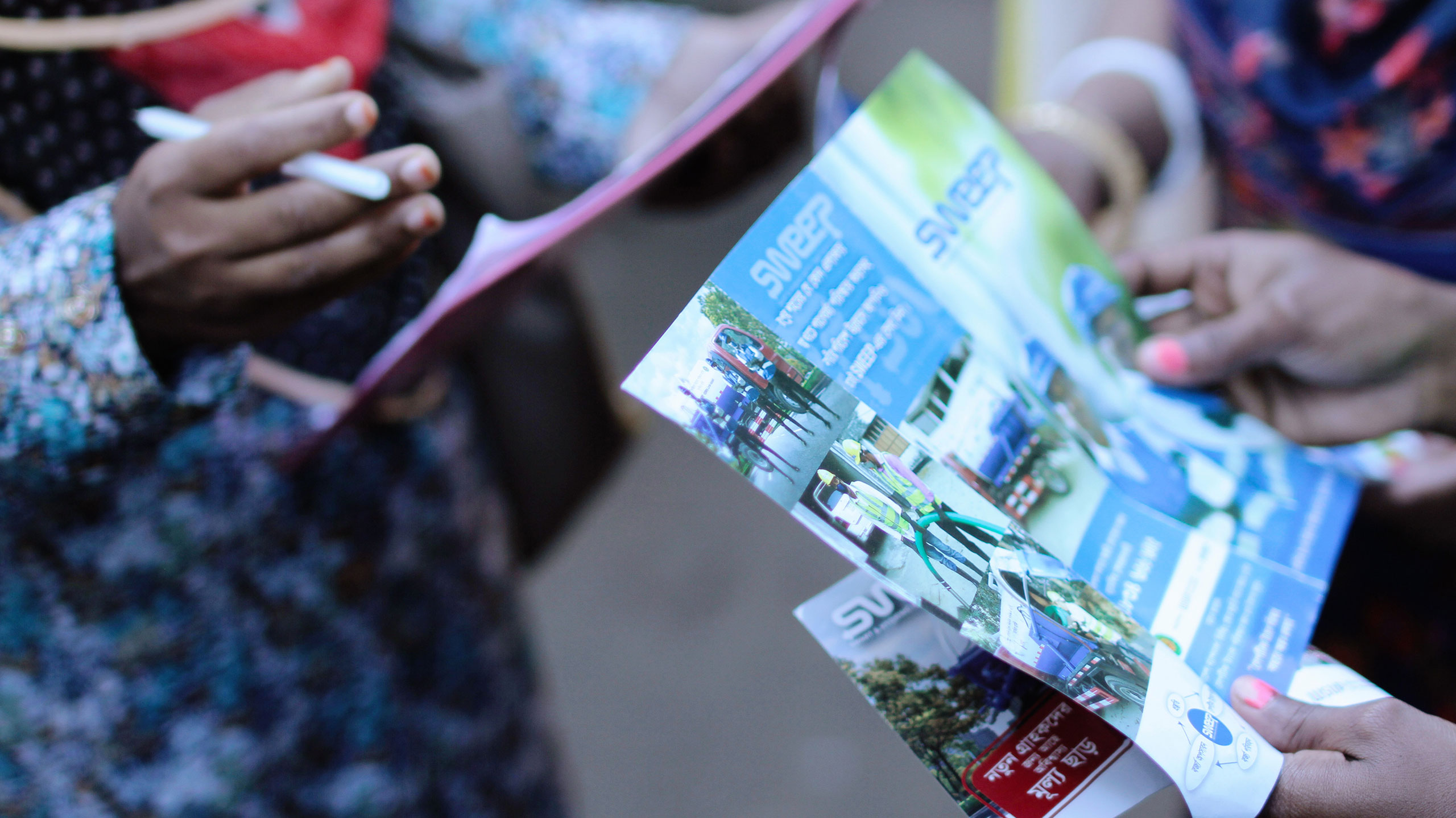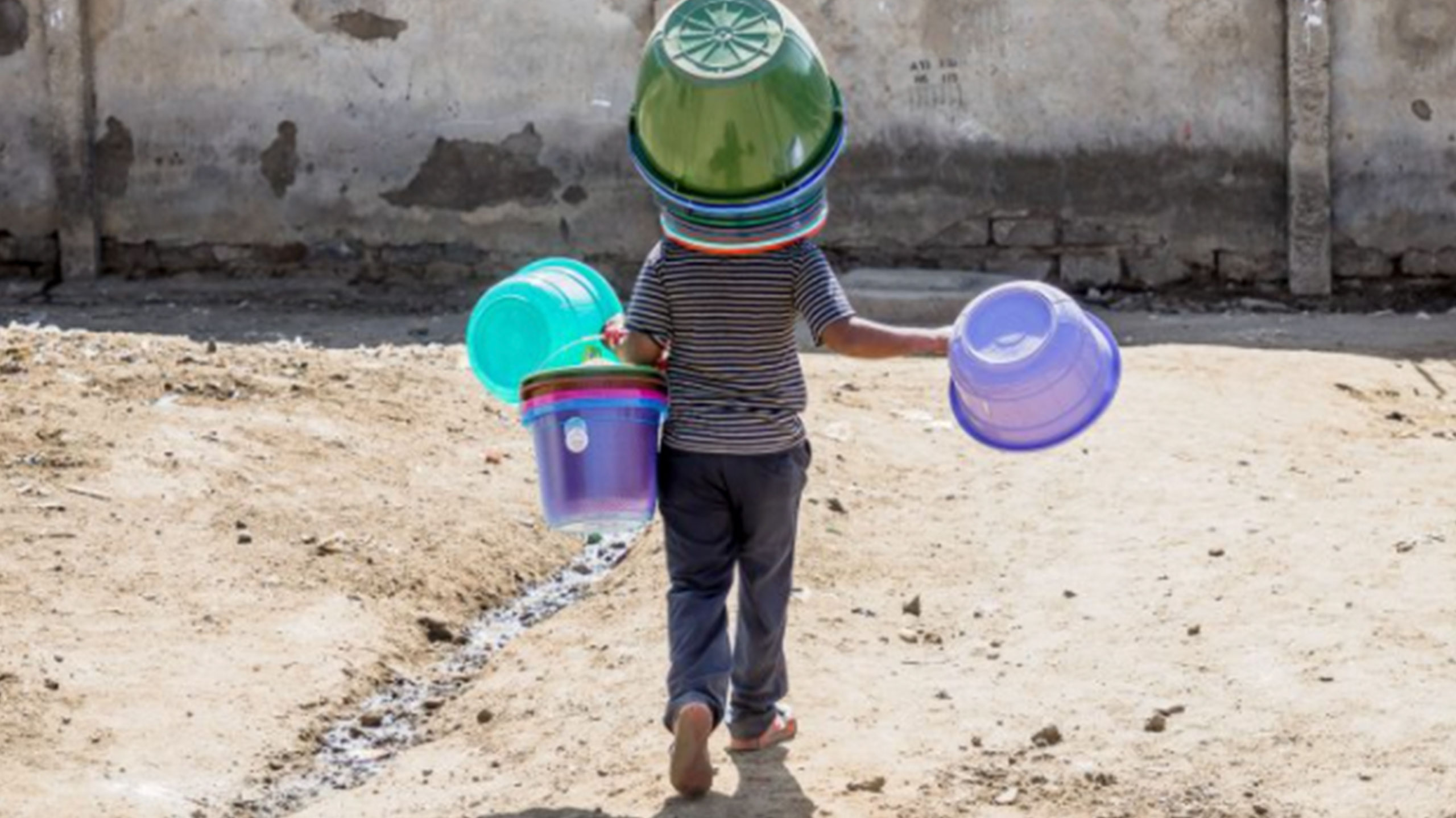Toward Fierce Collaboration: No One Can Solve the Global Water and Sanitation Crisis Alone
The global water and sanitation crisis is one of the world’s most intractable problems–and one that has been addressed by the development, public, and private sectors since the dawn of industrialization and urbanization. Despite decades of concerted effort, new data released by the WHO and UNICEF shows there are still 2.1 billion people who lack safely managed drinking water services and 4.5 billion who lack safely managed sanitation services. With the mandate of the United Nations’ Sustainable Development Goal 6–ensure availability and sustainable water and sanitation for all by 2030–the world is at a critical point for change.
A crisis so large demands a mandate so audacious, and no single organization can do this alone. Business as usual is not working. Drilling wells, laying pipe, and building toilets is difficult, but it’s only the beginning. We must create systems to change the status quo – to provide reliable services and show measurable and sustainable results. Water and sanitation system management, technical support, and financing are all necessary parts of delivering quality services and changing the systems around service delivery to be reliable and safe. Meaningful change requires political will, government leadership, and partnerships between government, private sector, and civil society.
The Schwab Foundation defines systems change as “fundamentally, and on a large scale, changing the way a majority of relevant players solve a big social challenge such that a critical mass of people affected by that problem substantially benefit.” Systems change in water and sanitation means thinking more broadly about the solution – well beyond infrastructure and construction. One of the biggest challenges remains how to replicate successes at scale that will last over time. How do we do this?
It starts with fierce collaboration.
fierce: firs/ adjective, having or displaying an intense or ferocious aggressiveness.
col·lab·o·ra·tion: kəˌlabəˈrāSH(ə)n/ noun, the action of working with someone to produce or create something
Fierce collaboration–working with someone to produce or create something with an intense or ferocious aggressiveness–is necessary to bring water to the 2.1 billion people and sanitation to the 4.5 billion who lack these services. But fierce collaboration isn’t easy. The reality in the international non-governmental organization (NGO) sector is that organizations working in the same space are often pushed to compete for similar investments–a disincentive to meaningful collaboration. For systems change to work, NGOs, nonprofits, governments, and private sector businesses must overcome this challenge to collaborate in a meaningful way to implement, replicate, and scale our work globally and sustainably. This will require bold new partnerships between and among innovators, government, NGOs, and the private sector to move faster and be more efficient – together.
Agenda For Change is this type of bold partnership, a fierce collaboration that is building a movement to finally end the global water and sanitation crisis. It’s is a group of like-minded organizations working together to achieve a greater impact by helping develop universal and sustainable water, sanitation, and hygiene services. This includes supporting governments to establish the enabling environment of policy, financing, and institution building.
While each organization in Agenda For Change leverages our own individual organizational strengths, we know we can do more together. In practice, over the past two years this has included:
- Dedicating staff time to coordinating meetings and developing joint action among partners
- Advocating for measures at the local and national levels to ensure the work is not duplicating the efforts of the host-country government
- Sharing data, best practices, and unified messaging
- Developing materials to communicate our work and recruiting others to join the movement
- Coordinating efforts between staff on the ground across organizations to harmonize work with national government stakeholders
This type of meaningful collaboration is a radical shift from business as usual. Agenda For Change goes beyond the four walls of any one organization, forcing people to work together across disciplines, borders, funders, and traditional supervisory lines. It requires everyone set aside traditional territorial thinking and resource competition to impact WASH service delivery at national levels.
As we gather for the 26th annual World Water Week in Stockholm, Sweden this week, the global water and sanitation sector is two years into an ambitious 15-year campaign toward SDG 6. I’m excited and encouraged by the Agenda For Change collaboration that has sprung up in these two years–collaboration that is already increasing the impact of our collective work.
As we continue to work toward national systems that provide access to universal safe water and sanitation services that last forever, we invite you to join us in changing the way we solve the global water and sanitation crisis. No one can do it alone. Let’s do it together, for Everyone Forever.



